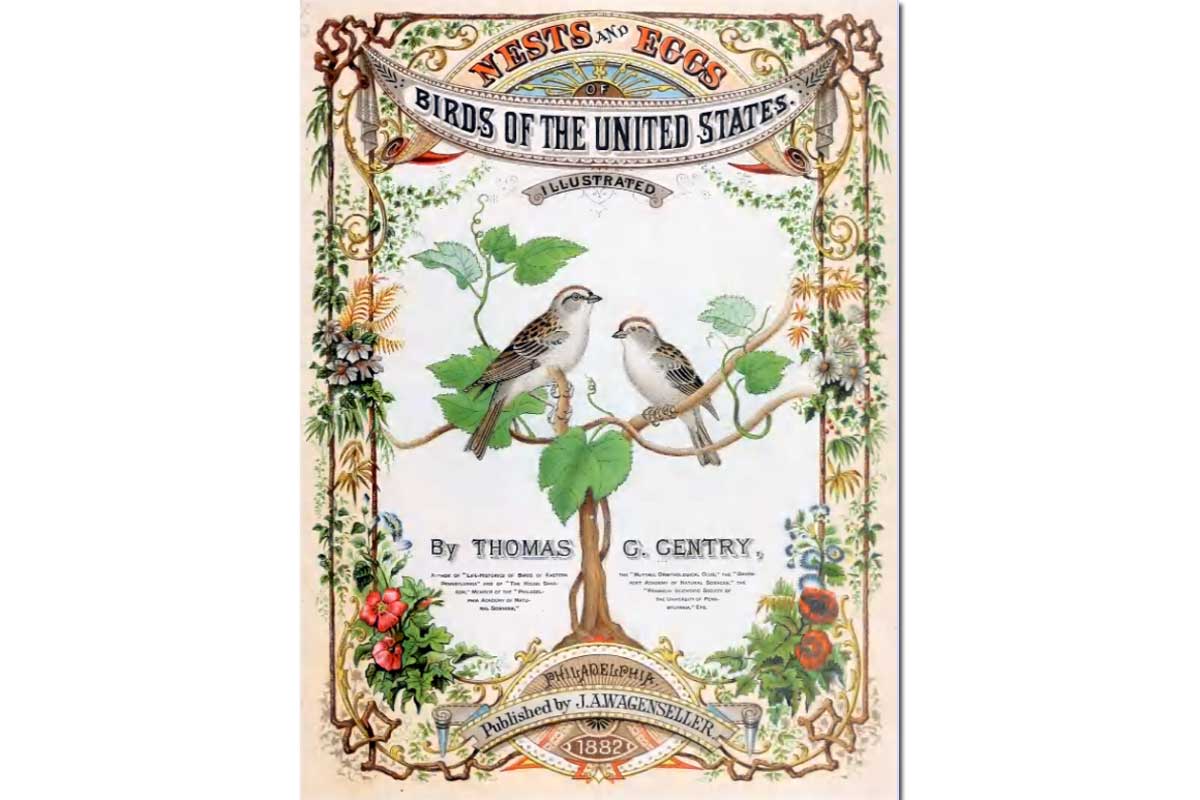
This is a life skills book geared to young men. Oats or Wild Oats? by James Monroe Buckley is number 78 on The Hundred Best Books for Children by Baldwin.
James Monroe Buckley was a Methodist minister and the editor of the Christian Advocate, a weekly publication put out by the church. As editor, he would receive a variety of letters from young men asking about principles of business and other professions.
In Oats or Wild Oats? the author attempts as elder brother to younger to have a conversation with young men who are considering what to do with their lives.
If there be a single work to which a young man, hesitating what trade, business, or profession to follow, can turn and find its principles clearly stated, or which will give him a general view of the chief forms of honorable, useful, and remunerative pursuit, or one which treats health, morals, social life, economy, and intellectual growth in the same way, the author has not found it in a somewhat protracted search.
As such, the topics are as diverse as school and college, or starting a business, to money, health, and amusements!
The book was published in 1885. As such there are just a few things that have changed in the last 140 years or so…. That was an understatement. That said, the book is surprisingly interesting. Topics covered include:
- College.
- Business.
- Farming.
- Leaning a trade.
- Teaching.
- Journalism.
- Speaking.
- Politics.
- Civil engineering.
- Law.
- Bookkeeping.
- Ministry.
- Banking.
- Self-improvement.
- Finances.
- Faith.
And quite a bit more. Within each section a variety of principles are given which would be no less applicable today.
For example, in the section on beginning a business, the author covers the necessities of aptitude, honor, health, and demand:
THE subject of this letter is the young man beginning business. At the start he is met by the necessity of choosing his occupation, which is far more important than many seem to think. It is true that any business well attended to will give a young man a living; but a bare support is not enough. In certain kinds of business a man can only make a subsistence with the greatest difficulty, while in another he could do well. In many pursuits some men could not do well at all.
FOLLOWING YOUR OWN BENT.
The first hint I would give to young men is this: If you have a decided taste, a special aptitude, for a particular profession or business, you should be governed by it, provided it be a business or profession for which there is any demand. This was the key to the success of George Stephenson, whose just fame will never die. The business of a ship-chandler would not be likely to prosper in the heart of the Rocky Mountains, nor that of a civil engineer where there is no demand for his skill. But I do not think that most young men have a special taste for any particular branch of business. Their minds wander over the whole field of possible activity and opportunity. In such cases a leading principle should be that the business be honorable. While an honorable man can honor any business, he would not be wise to choose that of a scavenger or hod-carrier if he could get a better. But here many false notions prevail. Some think that to sell silks or watches, or to be connected with a banking institution, is more honorable than to be a builder or a dealer in stone or wood. Do not be deceived. This is an age when the great manufacturer is as honorable as the great banker, and the successful owner of a stonequarry stands as high, socially and commercially, as an importer of silks or diamonds. Be sure that your employment is a healthful one. No young man of feeble health should choose to be a book-keeper, unless it be in a situation where a few hours per day will cover the time, nor to work in poisonous chemicals, nor to follow a business which requires loss of rest. Select a pursuit for which there is a general and permanent, rather than a local and transient, demand. If possible, it should be one in which there are various departments, and opportunities for promotion. Many, neglecting this, get into a groove, and never get out. A vocation which unites the action of the mind and body is the best for health and symmetrical development; and one that can be begun on a moderate capital gives the greatest promise of success.
Again, pretty good advice, even for today, even though the specific occupations available may be quite different.
The chapters are each written as letters to a particular young man interested in pursuing that specific type of work.
“But,” you will say, “what if a young man cannot get a situation in the line he prefers?” Anything is better than nothing. When the time comes to begin business it is better to go into a junk-shop than to do nothing. Still, I would not advise a young man, because it is better to go into a junk-shop than to do nothing, to go into a junk-shop without trying very hard to get something else. The principle that anything is better than nothing is true. Idleness demoralizes a young man, and is closely allied to vice. Young men are full of spirit, and that spirit must have some channel through which to work itself off. If the channel is a regular one of study or business, it will restrain from extravagance without destroying vivacity. But if there be no regular channel the animal spirits will make an irregular one; and, as a stream which, in its natural bed, carries blessings wherever it goes, but, overflowing its banks, spreads havoc and dismay, so a young man who has no opportunity to sow the grains which furnish the staff of life will be all too likely to sow wild oats.
It is unfortunate that books like these are not available in an updated fashion for today’s young men (and women). But this one can be used if one takes the time to pull out the principles presented and apply them within the advancements available today.
Since the book was written in the late 1800s, we will not likely agree with everything the author has to day. Be that as it may, with a bit of time and effort, it is a book one could use for good.
Invent Work … Not Excuses
Free eBook
- Read online
- EPUB (convert to Kindle)
Suggestions
- Young men and women can work through the book one chapter at a time and provide narrations. These narrations can describe the occupations or principles related.
- Oral narrations, will provide times of interesting (and hopefully fruitful) discussion.
- What details might the reader find helpful in navigating life? He or she can write these in a copybook.
Additional Resources

God at Work: Your Christian Vocation in All of Life {Review}
Not exactly the same type of book, but tangentially helpful.
45 Life Skills Your Children Need Before They Leave Home
If you haven’t made your list, now might be a good time….











You must be logged in to post a comment.